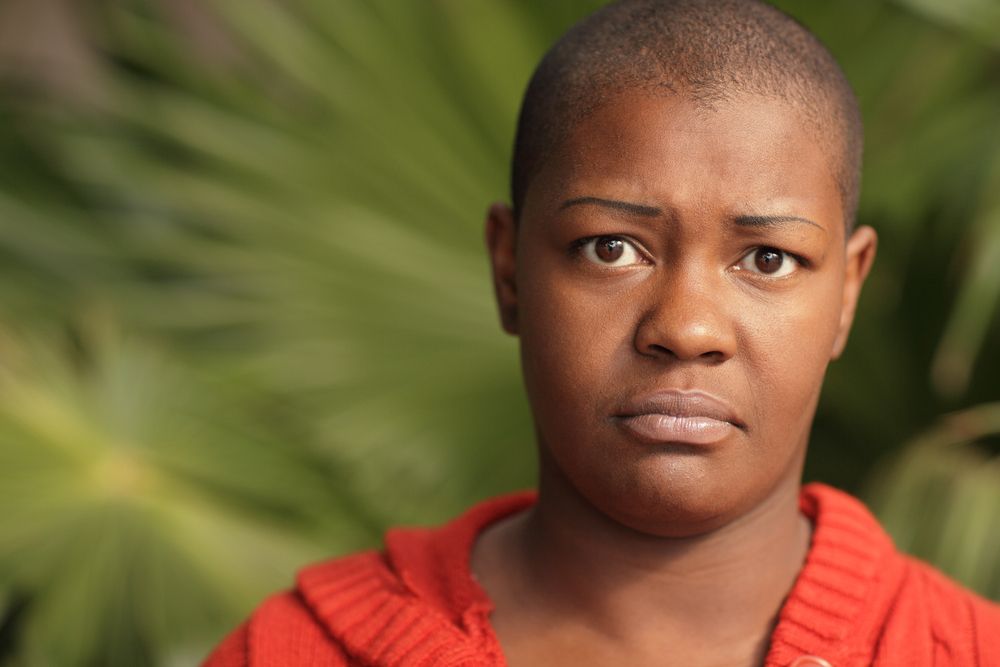Black Women Must Be More Than the Canaries in Your Coal Mines

by Candace Simpson @CandyCornball
To be a “canary in a coal mine” means that one is so sensitive to environmental conditions that one’s suffering sends a warning signal to others nearby. The expression comes from the practice of using canaries as alarms in mining tunnels. The canary’s lungs were so delicate that it would be affected by toxic gases and die. The canary, vulnerable and small, helped to signal danger for the miners.
This is great news for the miners, but not at all for canaries. In an effort to be intersectional in our organizing for Black lives, I worry that we have made Black women the canaries of our coal mines.
Disturbingly, Holtzclaw knew exactly what he was doing by targeting Black women. The news of his trial comes alongside another story, in which hundreds of cops lost their licenses due to documented sexual misconduct. We will easily miss the point if we reduce this to being about Holtzclaw, or even Oklahoma. Instead, we should be moved to wonder “What kind of system do we have here? What kind of world gives space to this predatory behavior?What kind of system allows for an all-White jury to try this case? And who stands to win when we hide these stories from public discourse?”
Try as we might, it is impossible to protect the canaries in a toxic environment. We must eliminate the coal mine completely. There is no piecemeal reform that would adequately preserve our lives. We have to wonder about the canary and the toxic coal mine.
Our world is set up to privilege the State (and its agents) over the person, proximity to Whiteness over all others, manhood over womanhood. Holtzclaw is a representative of the powerful agent in those admittedly limiting binaries. When someone with power is accused of misconduct, we invert common sense to protect the powerful. That is how an all-White jury was selected to decide a clearly racially motivated case. This coal mine must be named for what it is-- it is one which fuels itself through the systematic exploitation of the very beings it has made weak and vulnerable.
The inversion of logic to suit the powerful is an example of what ethicist Emilie Townes calls a “fantastic hegemonic imagination.” In her book Womanist Ethics and the Cultural Production of Evil, she argues that this imagination “uses a politicized sense of history and memory to create and shape its worldview.” Simply put, much of what we imagine to be true is not. This imagination is within all of us, which makes it particularly hard to challenge. As such, we have to learn to question the news we watch, the books we read, and the memes we see shared on Facebook.
This is why so many of us cheered the Ebony cover featuring the shattered image of Bill Cosby. This is why we do not take the stories of Bill Cosby, Ray Rice, or R. Kelly lightly. When men like the aforementioned are forgiven as if nothing happened, what do we imagine will happen with men like Daniel Holtzclaw? If anyone can get away with violence against Black women and girls, it makes sense that Officer Holtzclaw, a symbolic Steward of the System, gets just as much grace and more.
Centering Black womanhood helps paint a more accurate picture of the system built upon the scriptures of sexism, racism, economic exploitation, and several other forms of oppression. I have several privileges which make it almost impossible for me to even see oppressions outside of my own experience. And that’s okay, so long as we commit to learning more every day.Tackling these issues one tentacle at a time does nothing to kill the monster. The more I can name each claw, each fang, each tail, the better I am able to understand the Beast.
I’m ready for all the canaries to fly free.
Photo: Shutterstock
Candace Simpson is a Brooklyn native and a seminary student. You can follow her tweets about faith, Nicki Minaj, and shea butter at @CandyCornball.
No comments: